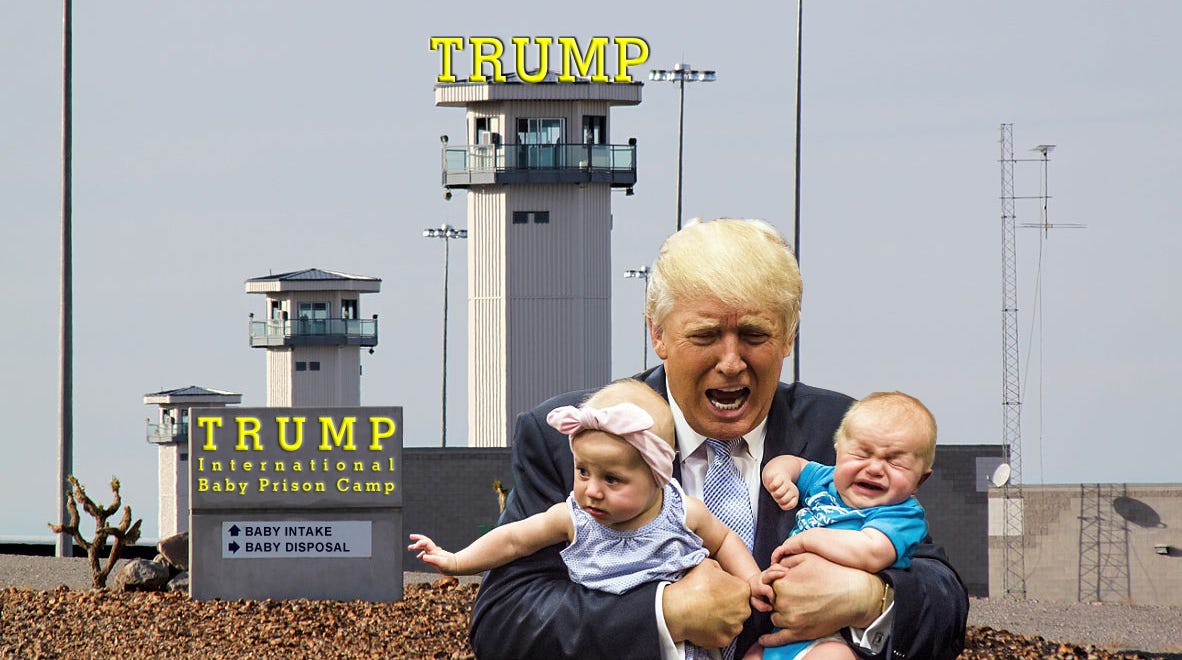Cuts to Cancer Research, Head Start, and Women's
Shelters Among $226 Million to be diverted to Pay for Child Detention

Along with tens of thousands of children and families, cancer patients, Americans with substance abuse disorders, and victims of domestic violence are among the casualties of President Donald Trump's detention of young immigrants.
According to government documents, Trump plans to divert millions of dollars away from programs serving those populations.
Yahoo News reported that in order to continue
detaining more than 13,000 children currently in the custody of the Office of
Refugee Resettlement (ORR), Health and Human Services Secretary Alex Azar is
proposing that up to $266 million be taken from other government health
programs.
In a letter to Sen.
Patty Murray (D-Wash.), Azar outlined a plan in which more than $16 million
would be taken from Head Start, $5.7 million would be diverted from programs to
care for uninsured HIV/AIDS patients, and millions would also be reallocated
from cancer research programs, government-run women's shelters, and mental
health facilities.
ORR's detention centers were at 92 percent capacity as of this week, according the agency, with more than 13,000 children being detained for indefinite periods.
Most of the children crossed the U.S.-Mexico border without parents or guardians.
The Trump
administration aims to expand its detention centers, but as Common
Dreams reported earlier this month, the
need for more space comes not because more children are entering the
country—but because fewer are being released into the care of family members in
the United States.
Families have become
far less likely to come forward to claim children as Trump has presided over an
immigration crackdown, including aggressive raids in Latino communities across
the country.
"This is not a
story about a historically large surge in arrivals," said Mark Greenberg,
a former official with HHS’s Administration for Children and Families.
"The story is fundamentally about a significant slowdown in children being
released from care."
Azar's plan will go
into effect after September 30, when the current fiscal year ends.
